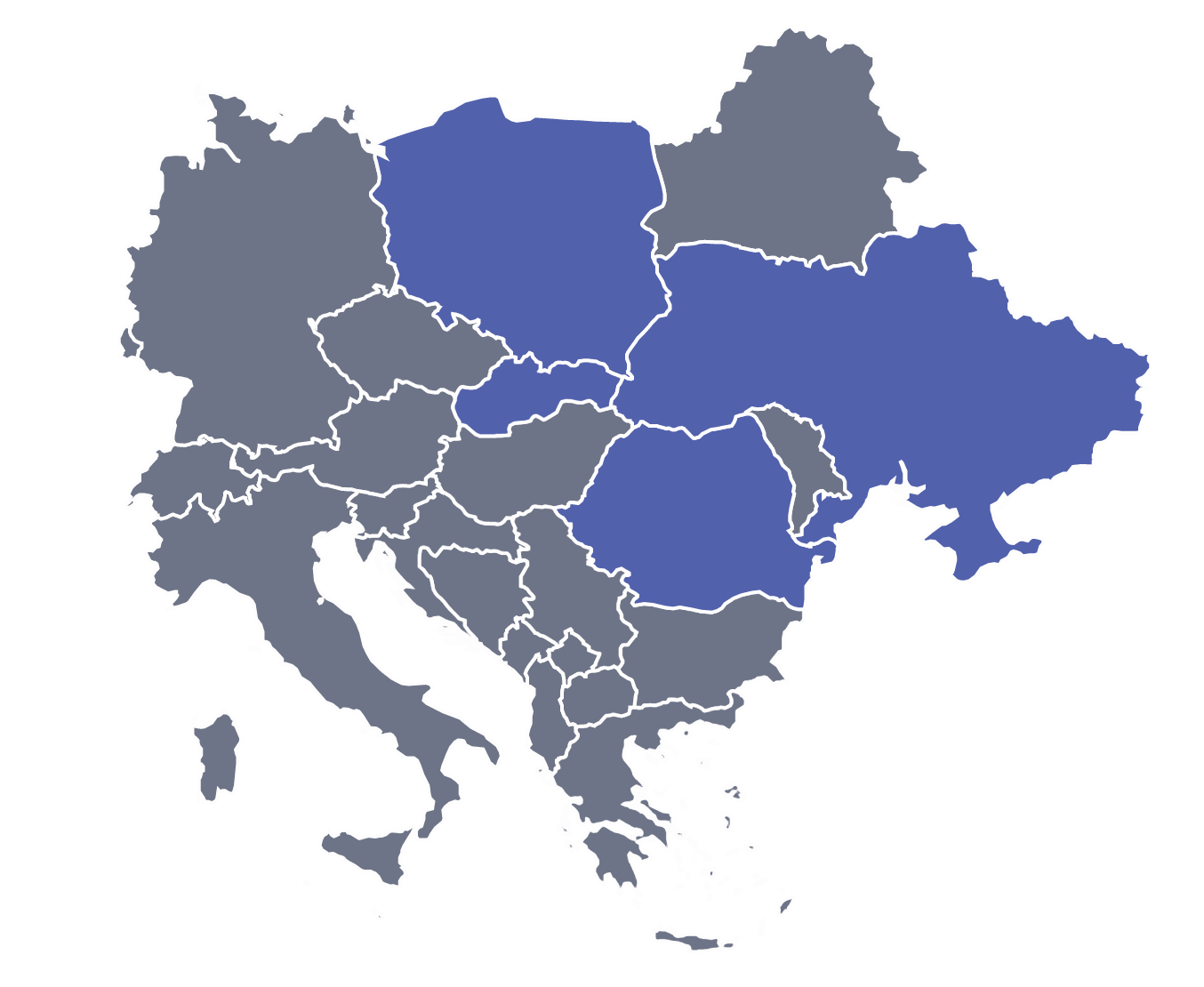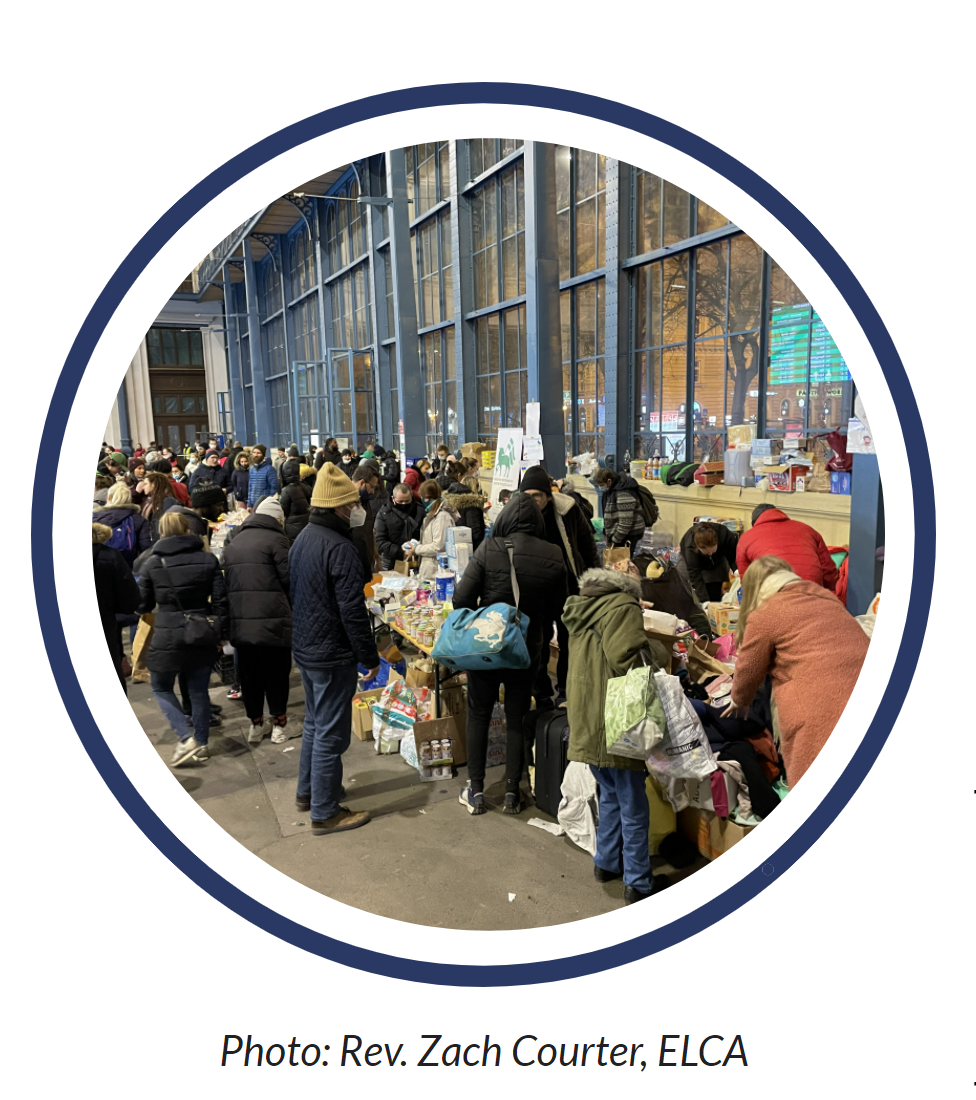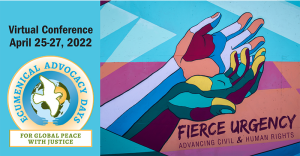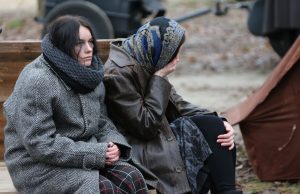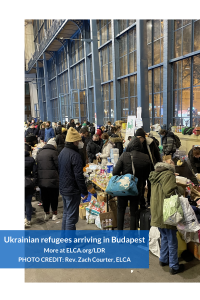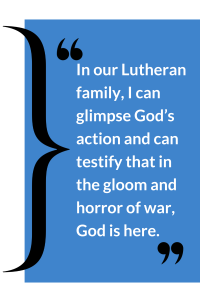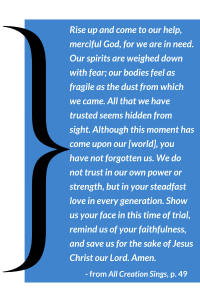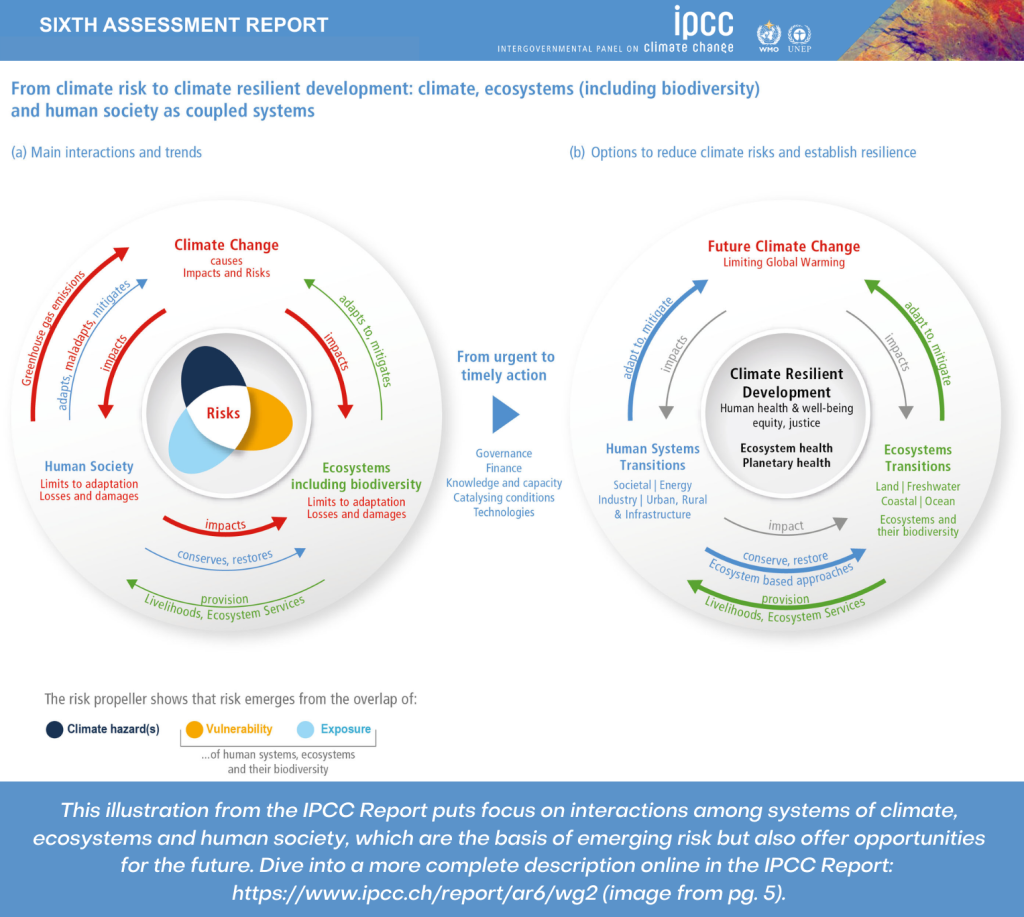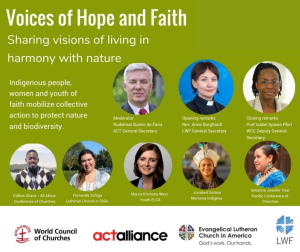Sami Johnson, Rota, Spain
Warm-up Question
Do you tend see right and wrong as black and white or in shades of gray? Has this changed over your lifetime? If it has, how so?
Beyond Black and White
News of the events in Ukraine have dominated the news cycle and occupied our minds for weeks or more. Most news stories represent Ukraine as the righteous one and Russia as the enemy, with Volodymyr Zelensky and Vladimir Putin pitted against each other like a modern day David and Goliath.
These stories fail to capture that the ones fighting the war are not so easy to paint with such broad strokes.
Among the Russian soldiers are young men who have spent the last 8 years consuming propaganda, which led them to believe they would enter Ukraine as liberators, not as invaders. They expected to be greeted with cheers, not violent resistance,
When these Russian soldiers learn the truth, some regret ever invading Ukraine. They say they have been “duped.” But their message cannot get back home. Anti-Russian news broadcasts, rhetoric, and protests are against the law. Even Ukrainians who call home to family in Russia are crushed when their own families choose to believe the propaganda instead of their own stories.
When we take the time to take a closer look at others, even our enemies, we learn that the line between right and wrong, good and evil, blessed and cursed is not as clear as we might have once thought.
Discussion Questions
- Talk about a time when you had an experience which caused you to change a belief you once held dear.
- Do you ever wonder how your life would be different if you were born in a different family, country, or time in history? What impact does this have on how you view others who see things differently from you?
Third Sunday in Lent
(Text links are to Oremus Bible Browser. Oremus Bible Browser is not affiliated with or supported by the Evangelical Lutheran Church in America. You can find the calendar of readings for Year C at Lectionary Readings.)
For lectionary humor and insight, check the weekly comic Agnus Day.
Gospel Reflection
In this passage, Jesus counters the long-held belief that people deserve the senseless tragedies which happen to them. He uses examples his hearers would know to demonstrate his point. Jesus insists that these events were random and tragic, not veiled judgments from on high.
Jesus emphasizes that these tragedies could have happened to anyone, regardless of their degree of sinfulness. We cannot control the circumstances into which we are born or what misfortunes befall us. We live in a precarious and vulnerable state. Thus, the admonition to repent and to be made right with God is for everyone.
The Russian soldiers caught up in this war might be an extreme example of this concept. But when we get a little closer and look at individuals, rather than stereotypes and assumptions, we see that even they do not deserve the pain, torture, imprisonment, or death that war brings. We might imagine ourselves, our siblings, or our children in their position, born in their circumstances, subjected to the same influences. What, if anything, separates us from the same circumstances they face?
Each of us—Russians, Ukrainians, Americans—are sinners in need of repentance. God has given us the pathway to a right relationship with God. God knows we are going to fall short, but God ensures that our sinfulness is not the end of the road. There is no person too far gone to return to God in repentance. There is no sin too great for God’s forgiveness to cover.
In the first section of the lesson, we hear the call to repent of our sin. In the second section, the parable of the fig tree indicates how God responds to us, even while we are still sinners. The gardener does not leave that poor fruitless tree to its own devices. Instead, the gardener promises special care for the tree to help it produce fruit.
In the same way, God approaches each of us, sinners though we may be, with mercy, patience, compassion, and love. These blessings from God are not a result of our righteousness or fruitfulness. Rather, God’s blessings empower us to repent and turn around from our old ways to walk in God’s Way instead.
Discussion Questions
- Is there someone you know with whom you do not get along or see eye to eye whom God is calling you to treat with mercy, patience, compassion, and love? What might that look like?
- Look back on your life to this point. Is there a decision or event which, though out of your control, had a major impact on your life? How does it feel to know that your life was so significantly impacted by something you did not choose? Where do you think God is in the midst of that?
- Think about something that weighs you down with guilt, shame, or just a general “I’m-not-enough” feeling. Imagine God, like the gardener in our lesson, digging out the dirt of guilt, shame, and not-enough-ness packed around the roots of that burden. See God filling in your life with mercy, patience, compassion, and love instead. What difference does that make?
Activity Suggestions
This text invites us to repent. We confess our sins in church every week in a general way. Today, you are going to repent of your sin in a more personal way. For the first two, you will need to set up a large bowl of water where everyone can reach it. For all three, you might consider lighting a candle or turning on a flameless candle and turning down the lights. You might also choose to play instrumental music or maintain contemplative silence. Depending on the size of your group, you can decide to divide so that you will be in circles of 10 or less.
There are several ways you might choose to do invite everyone to confess their sins. Some possibilities:
- Provide each person with a pen and 1/8 sheet of dissolvable paper. Invite everyone to write down a sin they want to repent of. Turn down the lights. Each person places their paper in the bowl,, swirls the water with their hand until the paper dissolves, and returns to their seats. When the song is over and everyone has had a chance to place their confession in the bowl, say, “As God promised at your baptism, you have been forgiven.”
- Instead of paper, you can use a small stone or rock or another token that fits easily in the hand and sinks. In this version everything is the same as with the paper except that each person receives a stone and holds on to it while naming their confession silently before God. When they are ready, they can drop the stone in the water and watch until it hits the bottom of the bowl, and until the water is still again before returning to their seats.
- In this version, instead of placing the focus on water, give each person a plate of sand and invite them to use their finger to write their confession of sin in the sand. When everyone appears to be done, and after announcing that they are forgiven, invite each person to pass their hand over their sand to wipe it away.
Closing Prayer
Merciful God, you invite us to repent and promise to forgive our sins, yet we cling to our old ways instead of to you. Loosen our grip on the things that are holding us back. Open our hands to receive your blessings.
And we pray for a quick and merciful end to the war in Ukraine. Be near to all who are scared or in trouble that they might know the comfort of your presence. In Jesus’s name we pray. Amen.



